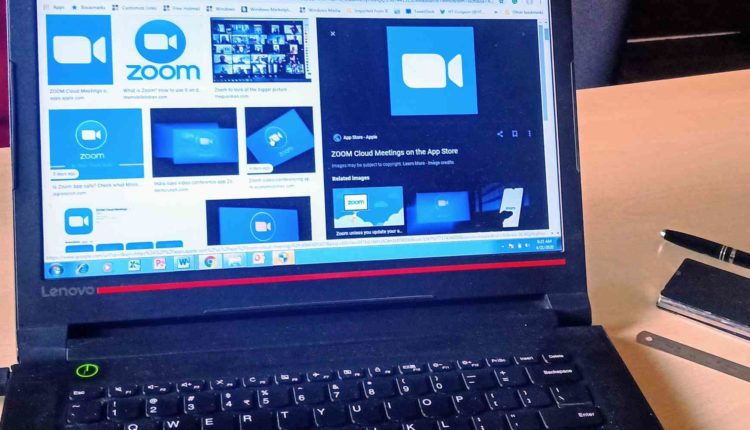By Hemant Batra, Executive Editor, Public Policy – South East Asia
According to psychologists, it may take approximately 21 days of conscious and consistent effort to create a new habit. We have been in lockdown much longer than 21 days and have embraced several new habits by choice or compulsion. We all are keeping ourselves busy with multi-tasking including undertaking official or professional work from home. This will become a habit, if not already developed as such and it will eventually be a compulsive choice. It will have commercial as well as the advantage of convenience.

COVID-19 or Coronavirus has put us on a completely new path. There are several things about our personal and professional lives which have undergone massive change, I am sure for the betterment as our faith and ideology time and again reminds us that whatever happens, happens for the good, though I do not fully subscribe to that concept. But I do believe that adversities do prepare us to adapt and evolve and bring about new solutions to the changing needs of nature and society. This is what has exactly happened now.
Today, I will throw some light on the new work regime that will take formal shape as lockdown due to the COVID-19 pandemic will begin to end though the pandemic will continue to cloud us for months and years to follow.
There are two segments of work in the society – one desk or office jobs and another field or groundwork. In so far as Desk jobs are concerned, the trend had begun in the last 3 years to work remotely. These desk or office jobs were wholly capable of being aided by artificial intelligence and virtual or remote mechanism.
As per the IWG study report in 2018, around 58 percent of office-goers in India worked remotely at least once a week, suggesting that a flexible workplace was becoming a trend. Based on detailed extensive research done on a range of different industries across 96 countries, The IWG report concluded that two-thirds of global employees were working remotely every week. The survey emphasized that 40 percent of Indian professionals believed that their employers were wasting substantial amounts of money due to underused office space.
95 percent believed flexible working helps their business grow by enabling employees to be more productive while on the move. The flexibility also allows companies to attract more talent than regular offices.
This will become a reality now, according to IT industry expert Senapathy (Kris) Gopalakrishnan More than one million information technology employees are expected to continue to work from home even after the coronavirus-inflicted lockdown situation returns to normality. This is because 90 to 95 percent of people in many of the larger IT organizations are working out of home today and very smoothly.
Moving up to 2025, TCS – TATA Consultancy Services will ask a sizeable majority of 75% of its about 4.5 lakh employees globally (including 3.5 lakh in India) to work from home. The new model being branded as 25/25 will require far less office space than occupied today. According to TCS’s chief operating officer NG Subramaniam, they don’t believe that they need more than 25% of their workforce at the facilities in order to be 100% productive.
As per media reports, Gurugram’s metropolitan authority CEO and Haryana additional chief secretary has said that Multinational companies, business process outsourcing (BPO) firms, and IT-enabled services (ITeS) providers may have to explore ways to let their employees work from home for the next few months.
I have also noticed a surge in the advertisements on the internet attracting people to earn monies by working from home. So even employers are contemplating hiring people for remote jobs.
Even in the legal profession and several other streams of work video conferencing is becoming a routine, and the way it is proceeding, many may choose to work remotely and virtually at least for some days a week.
Now what will happen to real estate and commercial office spaces, only time will tell whether they will become ghost outlets or get converted into some new attractive concepts.
About the author:
 Hemant Batra is an Advocate & Counsel in the Supreme Court of India & Delhi High Court; He is the Chairman, South Asia Committee, Indian National Bar Association; Vice President, SAARCLAW (a regional apex body of SAARC); Chairman, Jury Panel, ACES Awards; and Tutor, Indian School of Public Policy.
Hemant Batra is an Advocate & Counsel in the Supreme Court of India & Delhi High Court; He is the Chairman, South Asia Committee, Indian National Bar Association; Vice President, SAARCLAW (a regional apex body of SAARC); Chairman, Jury Panel, ACES Awards; and Tutor, Indian School of Public Policy.
(The views expressed in the article are that of the author.)



